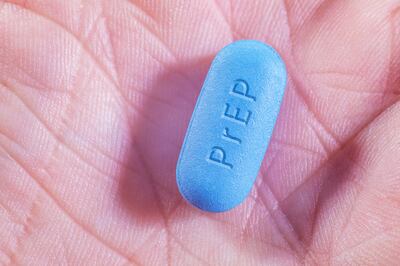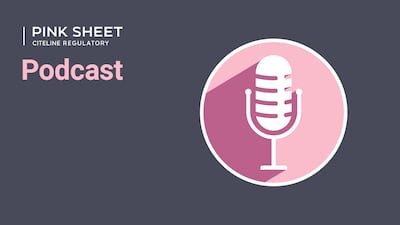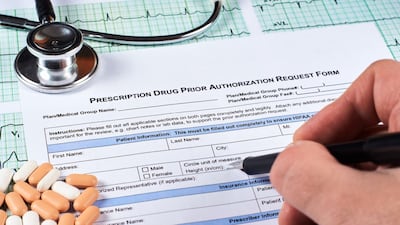

Medicines Australia has expressed skepticism over the Pharmaceutical Benefits Advisory Committee’s claim that in March 2025 it will only be able to assess 32 submissions from companies that want to get their drugs subsidized under the Pharmaceutical Benefits Scheme.

Judges on the Third Circuit panel in the BMS and JNJ IRA cases seemed sympathetic to industry’s concerns about the government using the term “maximum fair price” in the IRA’s Medicare drug price negotiation program.

Along with the much heralded guidance requiring coverage of OTC birth control, the Biden Administration also required insurers to cover pre-exposure prophylaxis (PrEP) for prevention of HIV.

The leading supplier of repackaged off-label Avastin for ophthalmic uses is discontinuing the product. Is this the beginning of the end for a relatively cheap wet AMD treatment?

The landmark drug pricing reforms from the Inflation Reduction Act are starting to take full effect – and it turns out that the impact may not be as dramatic as originally projected based on updated analyses from the US Congressional Budget Office.

The US Congressional Budget Office acknowledged that weight loss drug coverage could drive long term savings from ancillary health issues, but not enough to offset the cost of the drugs. Expanding Medicare coverage would cost the US Treasury $35 billion over 10 years.

A manufacturer information campaign is increasing awareness about the Inflation Reduction Act provisions easing cost sharing obligations for high-cost drugs in Part D, the insurer said.

Pink Sheet reporter and editors discuss an emerging pharma strategy to avoid Medicare price negotiations, legal wrangling related to compounding GLP-1 drugs for obesity and diabetes, and the varying opinions of FDA officials on the acceptability of artificial intelligence models that are not fully explainable.

The US Medicaid agency will not require diagnostic codes on prescriptions any time soon after hearing “overwhelming” opposition from stakeholders.

Pharmacy benefit managers are not the only ones in the supply chain that may not feel incentivized to encourage patient access to Medicare negotiated drugs.

The US Centers for Medicare and Medicaid Services is counting on “good faith” between manufacturers and covered entities to ensure appropriate 340B pricing is offered on drugs subject to the new negotiation authority.

A growing number of future Part B candidates for Medicare price negotiation may avoid price controls in the program with injectable versions.

But the prospects for attaching the legislation to a federal spending package in December will be dependent on the outcome of the upcoming elections.

The proposed CMS innovation center's $2 drug list model will not address the barriers to newer generics getting on Part D formularies and plans may have little incentive to participate in the demo, an industry group said.

Policy experts and consultants recount their experiences shepherding manufacturers through the first round of Medicare price negotiations during a recent webinar.

Prior authorization reforms could emerge as an important under-the-radar area of drug policy next year. An upcoming Medicare proposed rule, the extraordinary uptake of weight loss therapies, and the launch of the overhauled Part D benefit design will all drive attention to the issue.

HRSA threatens nuclear option and Johnson & Johnson suspends its 340B rebate model. But the company also ‘reserves all of its legal rights with respect to this matter.’

NHS England says it is proposing a “realistic but challenging uptake trajectory” that will make “this clinically and cost-effective drug” available to as many patients as possible without overwhelming health care providers.

Instead of $5bn in 2025, the redesign could cost the federal government two to four times that amount, the Congressional Budget Office told Republican lawmakers. And the Part D premium stabilization demonstration will cost an additional $7bn, the office projected.

The final Medicare price negotiation guidance for the next cycle includes improvements from last year’s patient listening sessions.